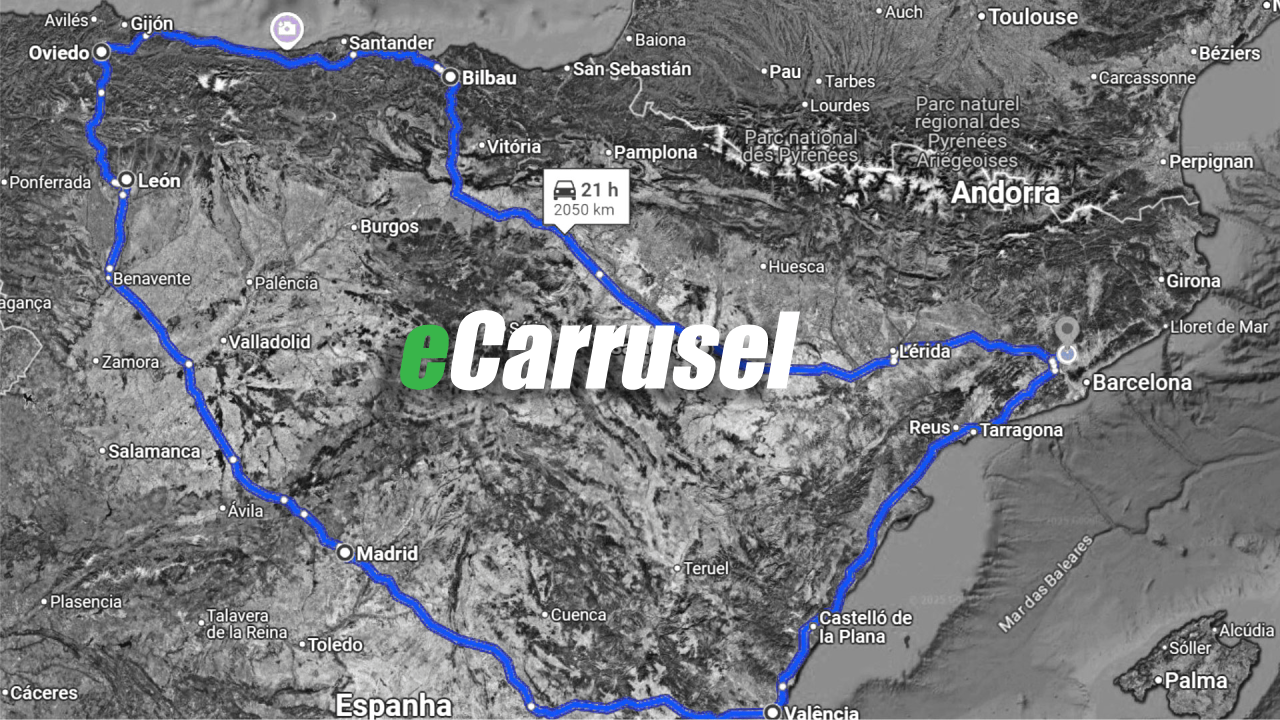The global shift towards electric mobility, driven by the need to reduce pollution from internal combustion engine vehicles, has contributed to the growing market share of electric vehicles. Europe is experiencing an exponential development, although the level of penetration of electric mobility varies from country to country. More sustainable mobility and decarbonisation are priorities for the EU.
Alternative Fuels Infrastructure Regulation (AFIR)
The European Parliament and Council are working on legislation to facilitate the use of electric vehicles, such as the Alternative Fuels Infrastructure Regulation, which is not yet available, but some of its content has already been communicated. These new rules will form part of the 'Fit for 55' package, which aims to reduce greenhouse gas emissions by 55% by 2030 compared to 1990 levels.
The aim of this new regulation is to serve the expected fleet of electric vehicles by increasing and improving the public charging infrastructure. It will also reduce the stress experienced by some users of zero-emission vehicles when driving long distances, known as 'range anxiety'. This measure will undoubtedly give a further boost to the electric vehicle market.

Charging points every 60 km for light electric vehicles
From 2026, light vehicles such as cars or vans will be able to charge at least every 60 km on the EU's main road network.

The same requirement of fast charging stations every 60 km will be mandatory in 2030 for heavy vehicles (over 3,500 kg) such as trucks or buses, but only on the core TEN-T network. On the secondary network, the maximum distance between charging points will be 100 km.
In order to reach this target by 2030, further targets of 15% by 2025 and 50% by 2027 are set.

Some exceptions may be possible for very outer regions, islands or roads with very little traffic.

Charging stations with a minimum capacity of 400 kW
These charging stations, located every 60 km, must be accessible to all makes of vehicle and have a minimum capacity of 400 kW by 2026. In other words, all the chargers in a charging station must have a total capacity of at least 400 kW. In addition, a minimum charging power target of 1.3 kW per electric car is set.
The target for 2028 is to increase this minimum power to 600 kW. This means that an existing 400 kW station should increase the power of its chargers or the number of chargers.
For heavy-duty vehicles, the charging power of the station will be between 1,400 kW and 2,800 kW, depending on whether it is on a main road or a secondary road.


Bank card payment at charging stations
In order to further facilitate the use of electric vehicles, the new European legislation also includes the obligation to ensure easier and more convenient payment at charging points. It stipulates that payment can be made by bank card at charging points of more than 50 kW, and via mobile applications and QR codes at charging points of up to 50 kW.
Publication of the electricity price of electricity at the charging point
As is currently the case for fuels, the price of the electricity available should be clearly displayed, either per kWh or per minute used for charging. The price should be affordable and comparable.
Charging points with a capacity of more than 50 kW will only apply a tariff per energy delivered, although they will be able to charge for the time spent at the charging point after the charge has been completed.
Charging points with a capacity of up to 50 kW will be able to set their tariffs according to the kWh delivered or the minutes spent charging.
These information and charging measures will also be mandatory for existing fast charging stations.
The European Commission is committed to creating a database of alternative fuels by 2027 to provide users with the necessary information, including waiting times in addition to prices.

A boost for charging infrastructure
The ongoing European policies to ensure progressive decarbonisation are driving the development of infrastructure to improve and facilitate the use of electric vehicles.
There are only a few countries that stand out in this respect and already have infrastructures for charging electric vehicles, such as the Netherlands and Germany, which account for almost half of the chargers available in the European Union. So it is estimated that in other countries -such as Spain or Italy- the infrastructure will grow significantly in the short term.
Pending final approval
This new European environmental law, which is currently awaiting final approval by the Permanent Representatives Committee of the European Council and the Transport and Tourism Committee of the European Parliament, represents a decisive step towards cleaner and greener transport, with the electric car at its heart.








.png)
%20(1).png)




.png)


